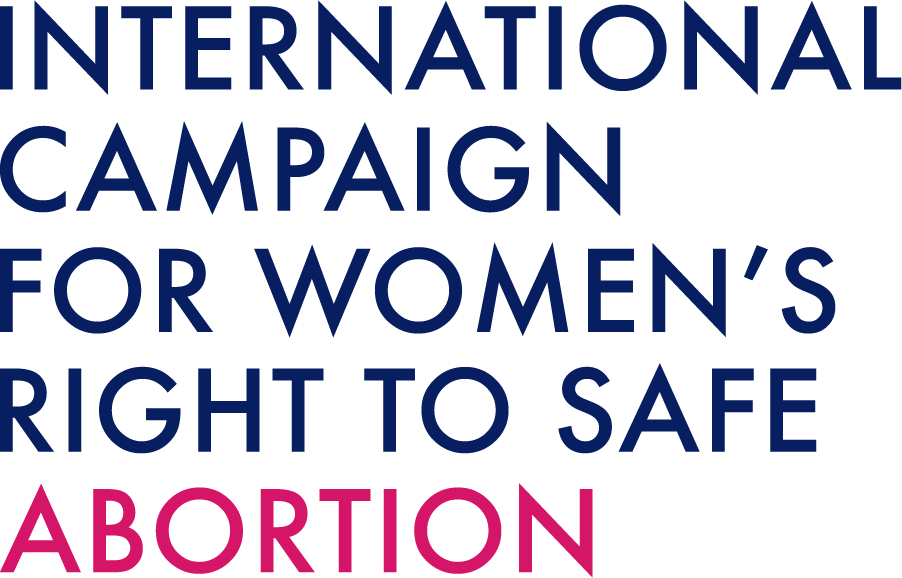
Abortion drug could help reduce risk of breast cancer, group of medics says
A drug commonly used in medical abortions may hold potential in preventing breast cancer in women at high risk, according to an international team of doctors and scientists.
The group argues that mifepristone could be explored as a preventive treatment for breast cancer, but stigma linked to its role in abortion care is deterring pharmaceutical companies from pursuing the necessary research. Despite results from three earlier studies showing the drug’s ability to slow the growth of cancer cells, large-scale clinical trials have yet to be conducted.
Experts say that restrictions on abortion in some countries, combined with mifepristone’s association with pregnancy termination, have created barriers to investigating other possible medical uses. In the UK, for example, mifepristone is taken with misoprostol during the first 10 weeks of pregnancy to end an early pregnancy—one dose of mifepristone followed 24–48 hours later by misoprostol.
In an opinion piece published in The Lancet Obstetrics, Gynaecology and Women’s Health, eight co-authors—specialists in reproductive health and reproductive cancers from London, Edinburgh, Stockholm, and Erbil—expressed frustration:
“It is deeply disappointing that the successful application of mifepristone in one area of medicine is hindering more extensive research into other indications that could benefit public health. The time is long overdue to give mifepristone the opportunity it deserves to be investigated as a non-surgical option for primary prevention of breast cancer.”
Breast cancer remains the most common cancer among women globally and is responsible for an estimated 670,000 deaths each year (WHO). While existing preventive options for high-risk women—such as those with BRCA1 or BRCA2 mutations—include surgery or low-efficacy drugs, mifepristone might offer a less invasive alternative. The drug, a selective progesterone receptor modulator, limits the effect of progesterone, a hormone that drives the growth of certain breast cancers.
The three prior studies, published in 2008, 2022, and 2024, provided evidence that low doses of mifepristone taken for two to three months can slow cell growth in breast tissue. The authors believe that, if further trials confirm these findings, the drug could become a valuable preventive tool.
Cancer charities in the UK are supporting calls for more research. Dr. Simon Vincent, Chief Scientific Officer at Breast Cancer Now, said:
“More risk-reducing treatment options for women with a high risk of developing breast cancer, that also protect their quality of life, are desperately needed. Early research into mifepristone is an important step forward.”
Dr. Marianne Baker, Science Engagement Manager at Cancer Research UK, noted that with almost 58,000 new breast cancer cases diagnosed in Britain each year, it is vital to invest in prevention research. She added:
“Early studies showed that mifepristone slowed down cell growth in breast tissue, so it might be useful in delaying or preventing cancer. But we need more research to understand whether it’s effective, how it works, and who would benefit most from it.”
Lead author Prof. Kristina Gemzell Danielsson, Head of the Department of Women’s and Children’s Health at the Karolinska Institute in Stockholm, concluded:
“The stigma surrounding mifepristone’s use for abortion is part of why it is not more extensively researched for breast cancer prevention. Taken together, our data support its potential to prevent poor-prognosis breast cancer.”
Study: https://www.thelancet.com/journals/lanogw/article/PIIS3050-5038(25)00013-5/abstract




















